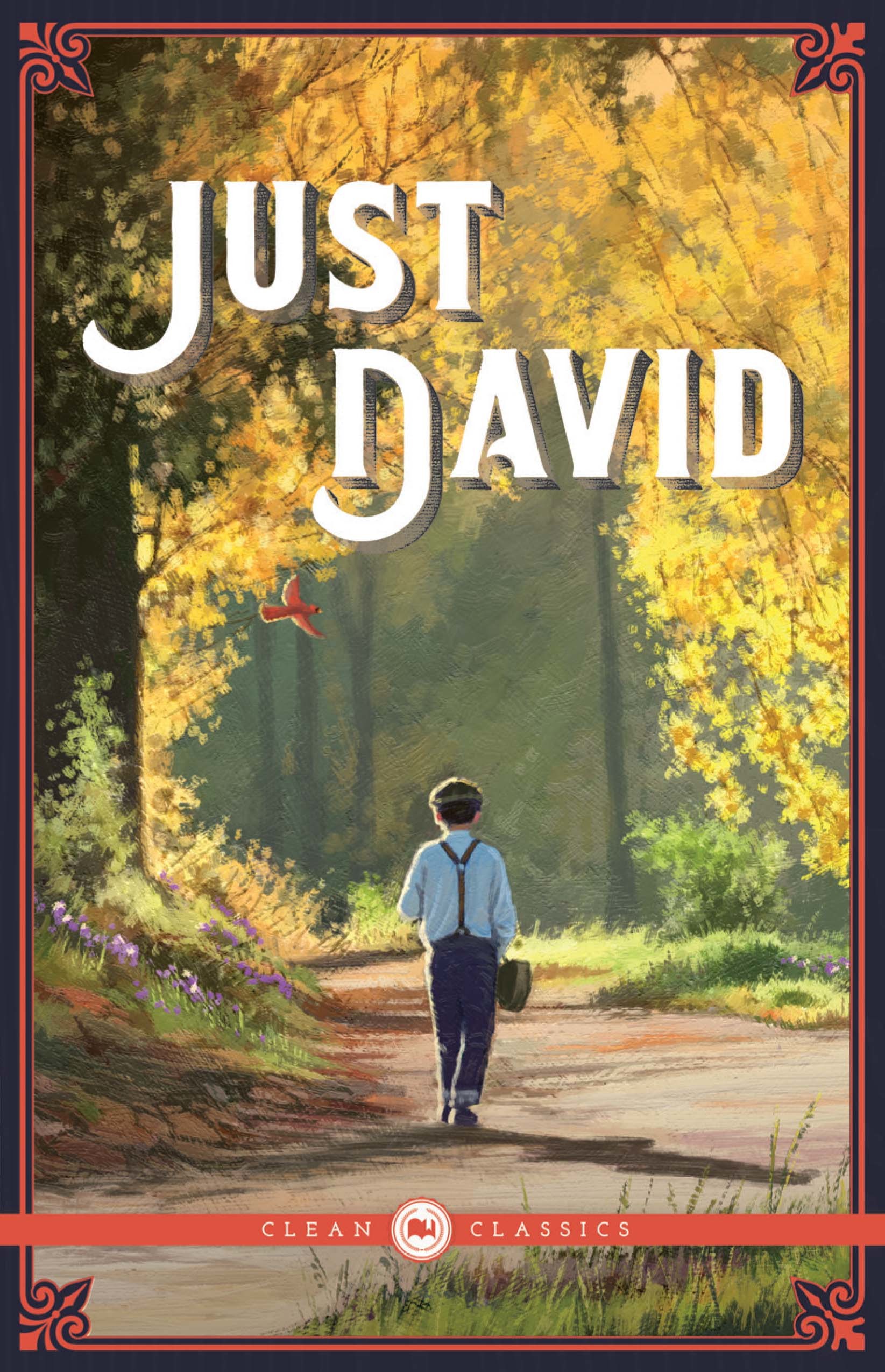The Unfamiliar Way
byThe Unfamiliar Way captures a pivotal stage in David’s integration into village life, where he steps into the unfamiliar routine of formal education. From the start, his entrance disrupts the classroom rhythm, not due to mischief but from an upbringing shaped more by introspection and freedom than structure. While his grasp of languages astonishes the teacher, his gaps in basic facts about his own country reveal how specialized and unbalanced his learning had been. He speaks when moved by ideas and stands when excitement stirs him, baffling classmates who follow different expectations. These moments of confusion gradually soften as David adjusts to the expected order of things. Yet, even in learning discipline, he does not lose the sincerity and spontaneity that make him different. His teacher, initially frustrated, becomes curious about the boy who reads Latin but doesn’t know George Washington. David, in turn, begins to understand that learning includes more than books—it includes understanding others.
As days pass, David finds more joy outside school than within its walls. Life at the Holly home has shifted into something tender and lasting. Where once he was tolerated out of duty, he is now embraced out of love. Mr. and Mrs. Holly no longer see David as a disruption, but as a quiet revelation. A walk through the woods becomes a gentle lesson not in biology, but in attention and presence. David names flowers with affection, points out how birds change their songs, and compares the rhythm of the trees to music. His words do not sound like lessons, yet they teach in ways no textbook can. The Hollys, usually grounded in their routines, find themselves enchanted by the wonder David shows them. Nature, through David’s eyes, is not just scenery—it’s a living melody. And in that forest, something unseen takes root in their hearts.
At Sunnycrest, David continues to thrive, welcomed not as a guest but as a kindred spirit. Miss Holbrook, known for her reserved manner, finds herself charmed by his innocence and honesty. He wanders the grounds as though each path holds a memory, with the tower room becoming a favorite retreat. There, his storytelling finds a stage, and Miss Holbrook a listener who sees deeper than most children do. One afternoon, he recounts a tale told by Mr. Jack—a fable of a princess and a pauper, each longing for something just beyond reach. David does not merely repeat the tale; he colors it with emotion and nuance. Miss Holbrook listens intently, her reactions shifting from amusement to reflection. Something in the story strikes a personal chord, awakening feelings she has perhaps set aside.
The story becomes more than entertainment—it becomes a mirror. The princess who misses the simpler joys and the pauper who fades away remind Miss Holbrook of something unspoken in her own life. David senses this, but asks no questions. His sensitivity lies not in probing but in allowing others to find their own meanings. As the narrative unfolds, Miss Holbrook’s mood turns introspective. The lighthearted moment lingers with a new weight, and though the conversation moves on, the effect remains. David’s simple tale has stirred a hidden truth, not with force but with the quiet suggestion only a child like him can offer.
As David continues to grow in this chapter, so too does his influence. He reshapes the world not by insisting on change, but by being a reminder of beauty, sincerity, and quiet courage. His journey into structured learning doesn’t erase his essence; instead, it enhances his ability to share that essence in new ways. Whether in a classroom, a forest trail, or the tower of a grand house, David walks the unfamiliar path with grace. And in doing so, he gently leads others to see familiar things with new eyes—perhaps the most profound education of all. The story closes not with a grand revelation, but with the feeling that transformation is underway, subtle and slow, like sunlight changing the color of leaves at the end of a season.

